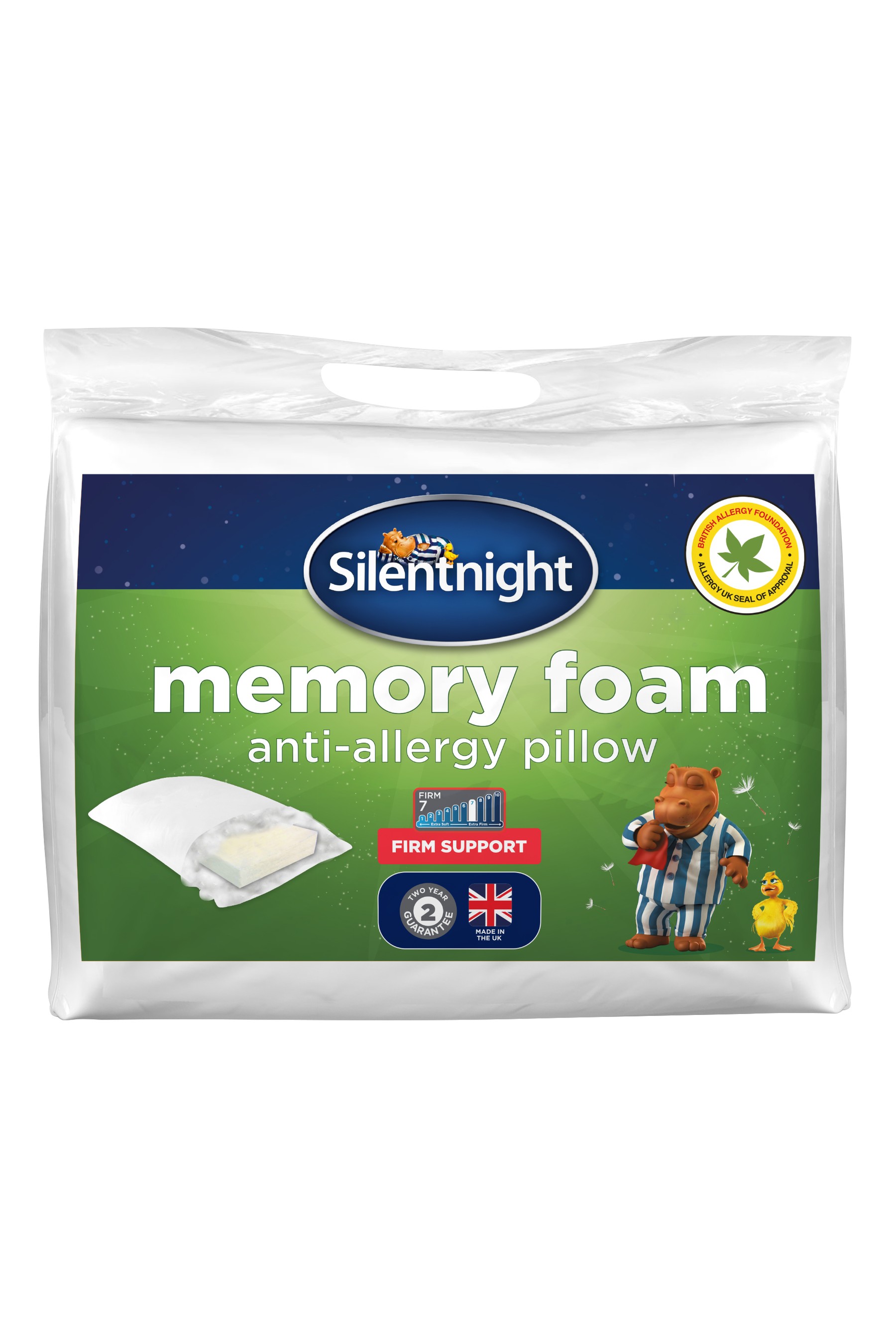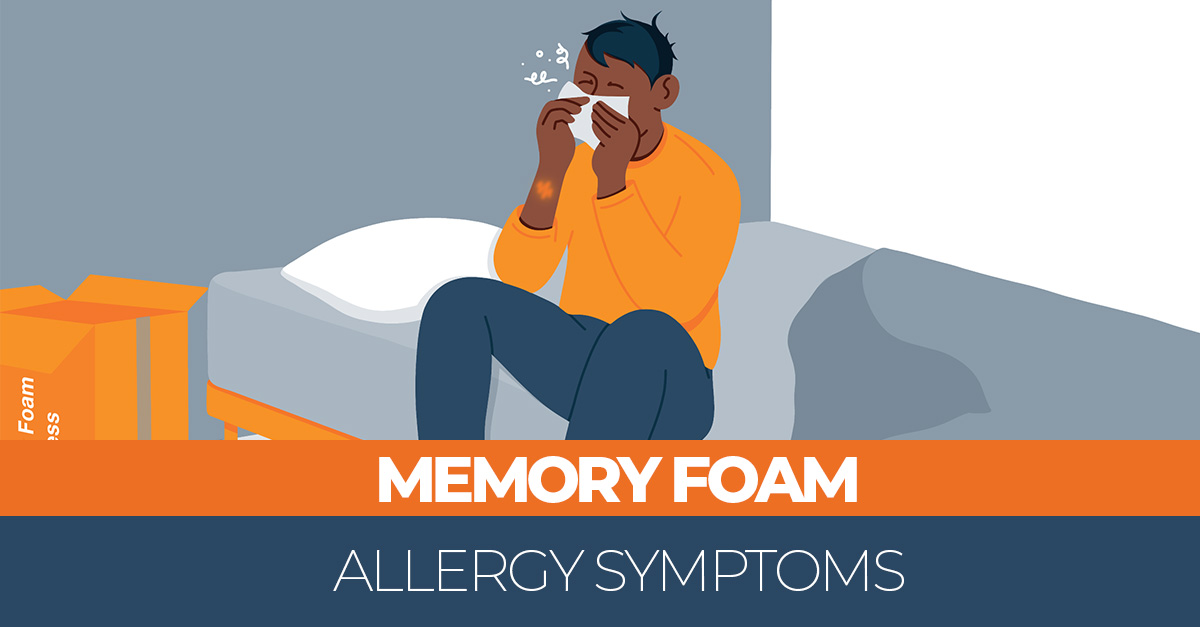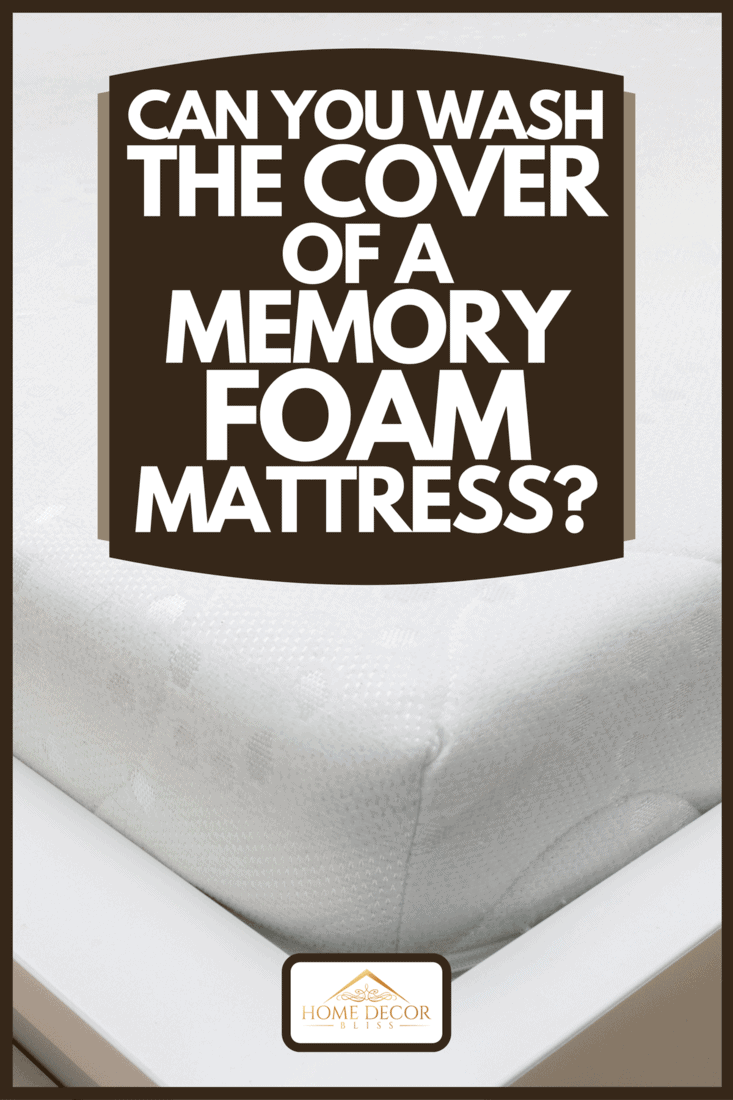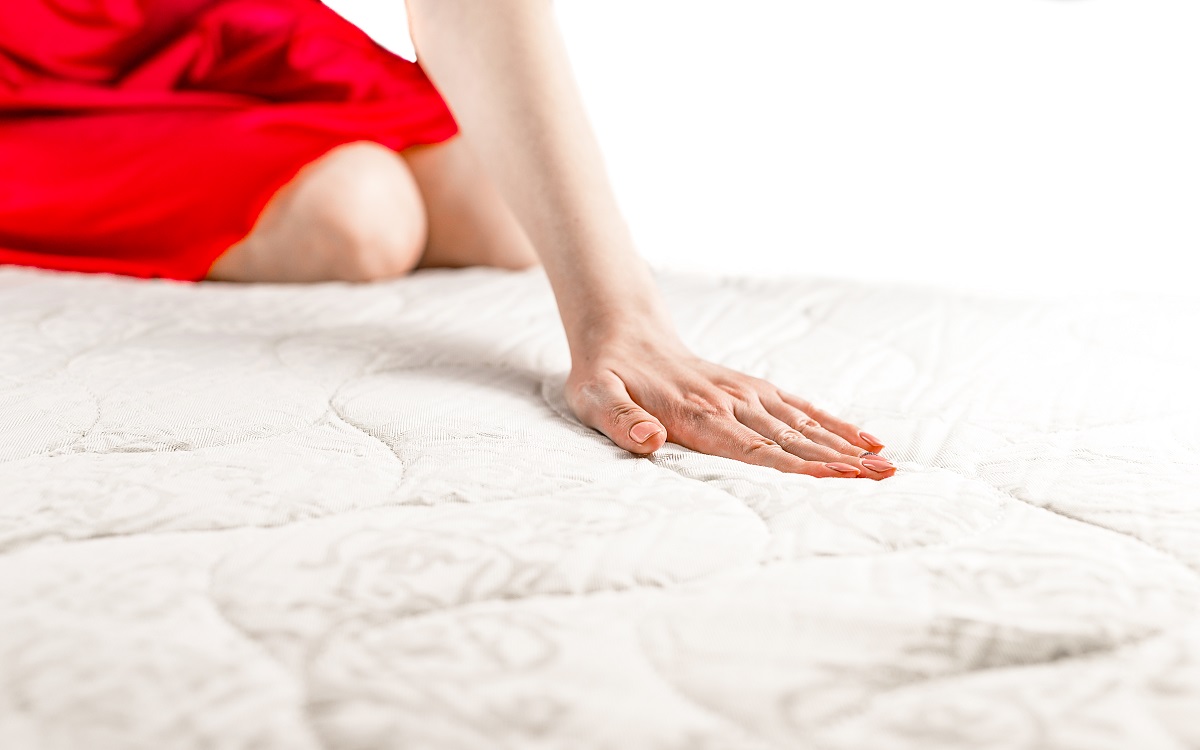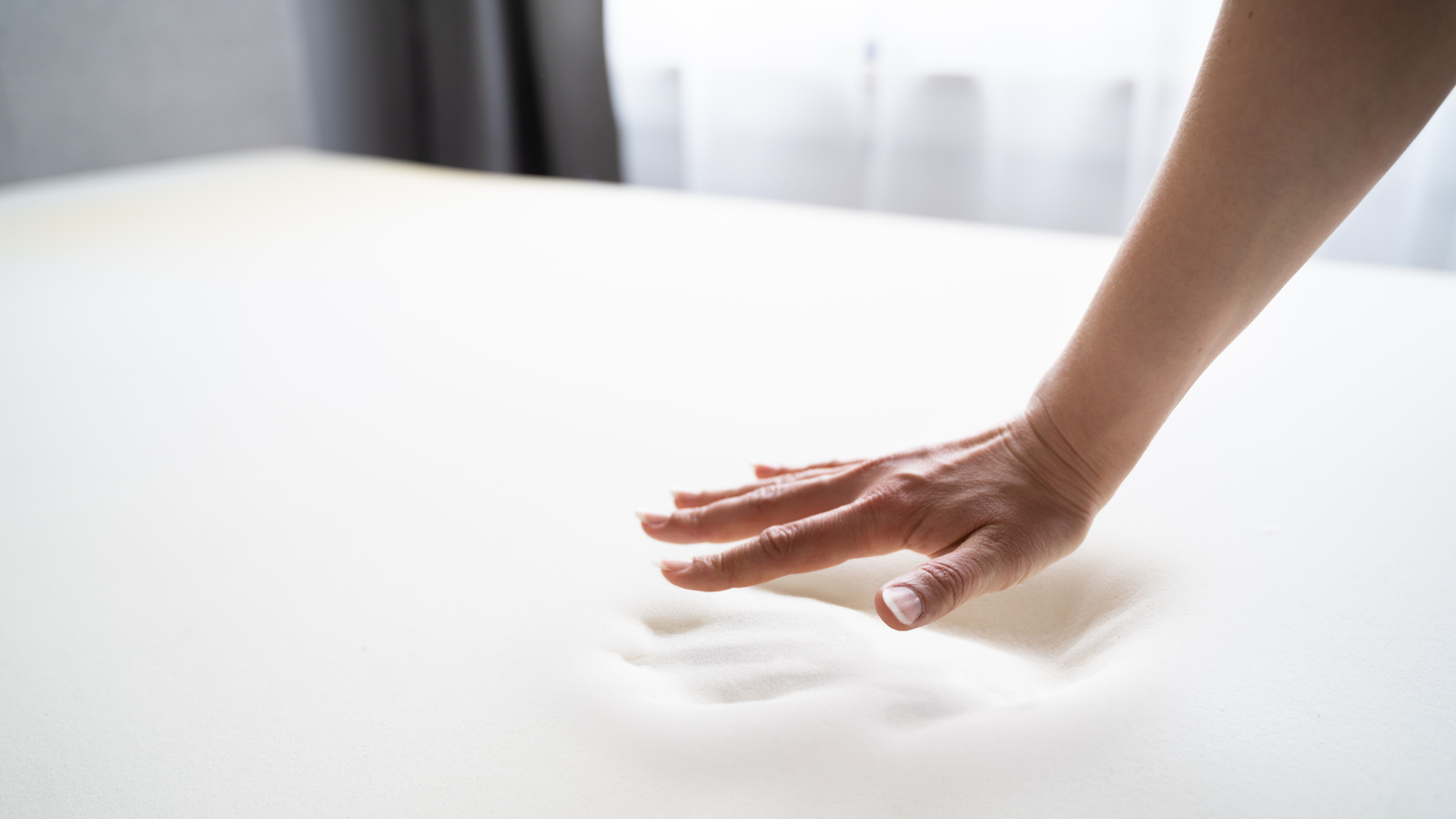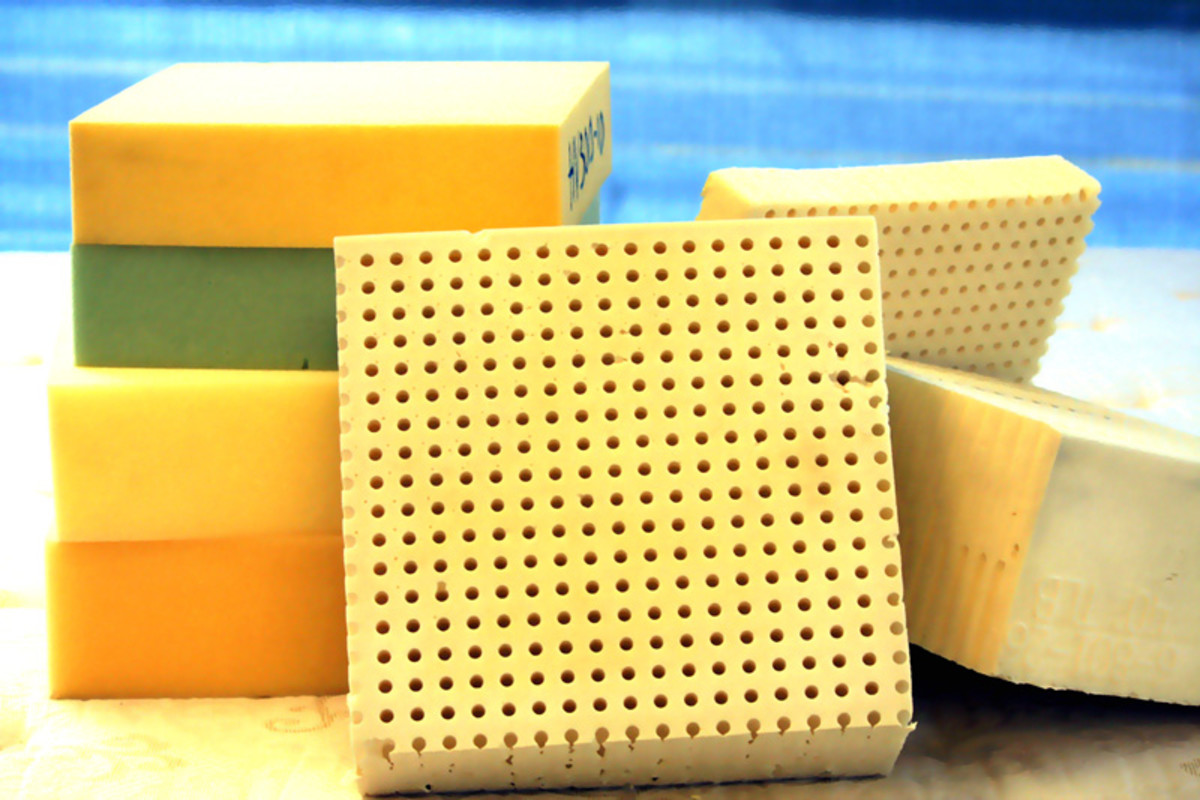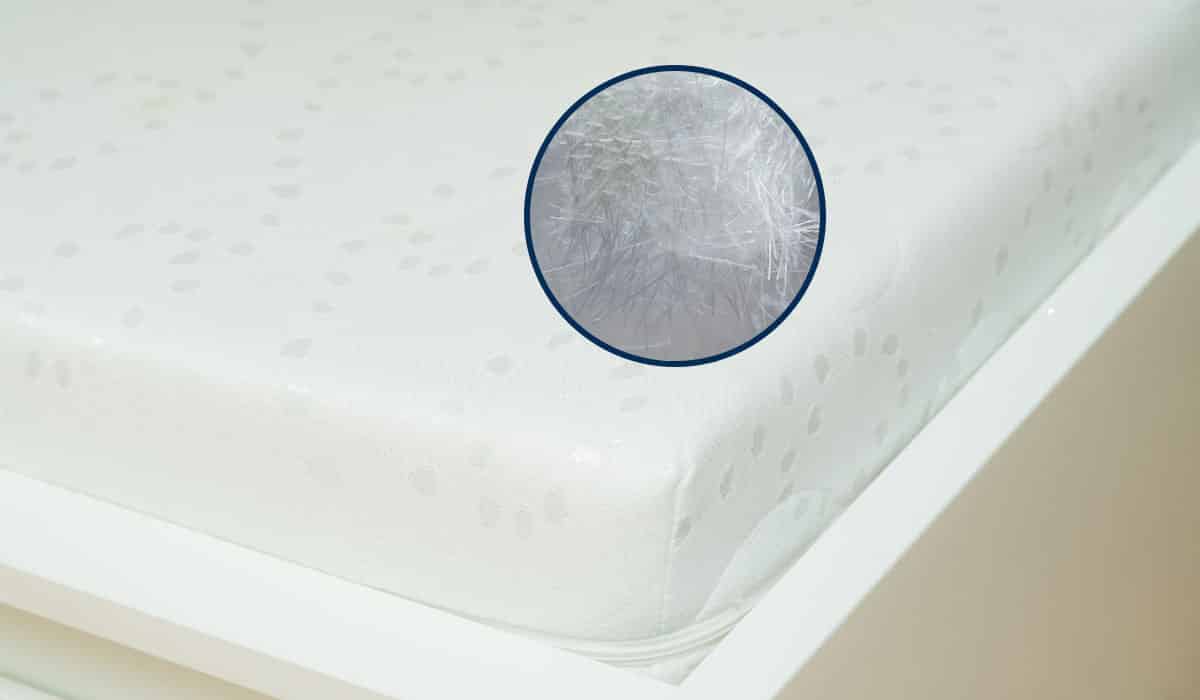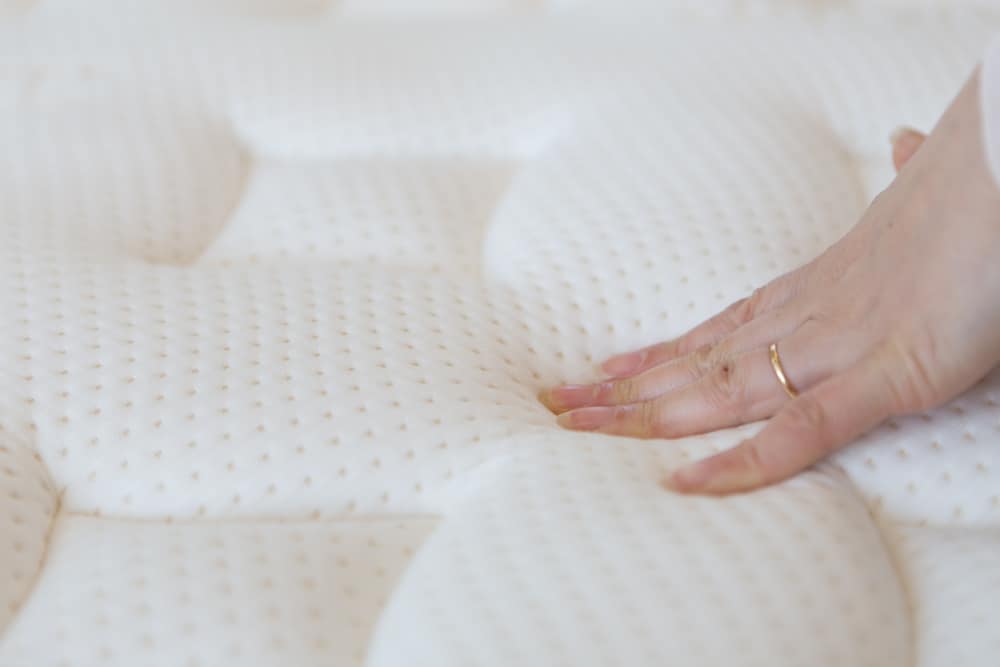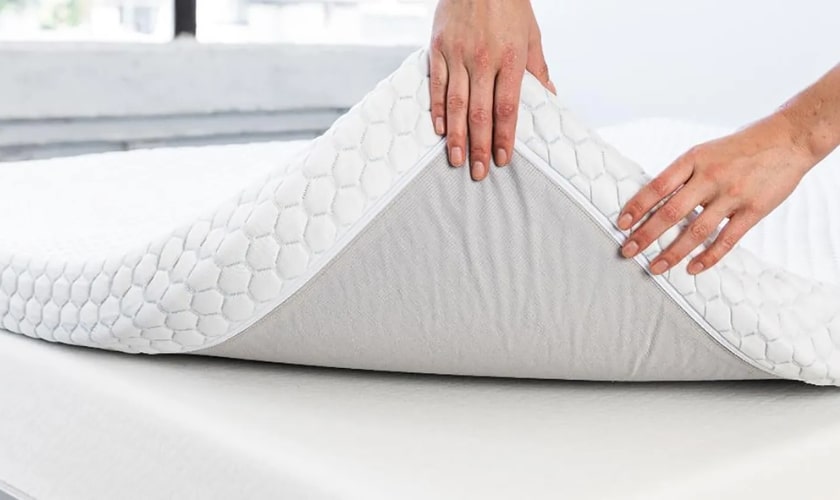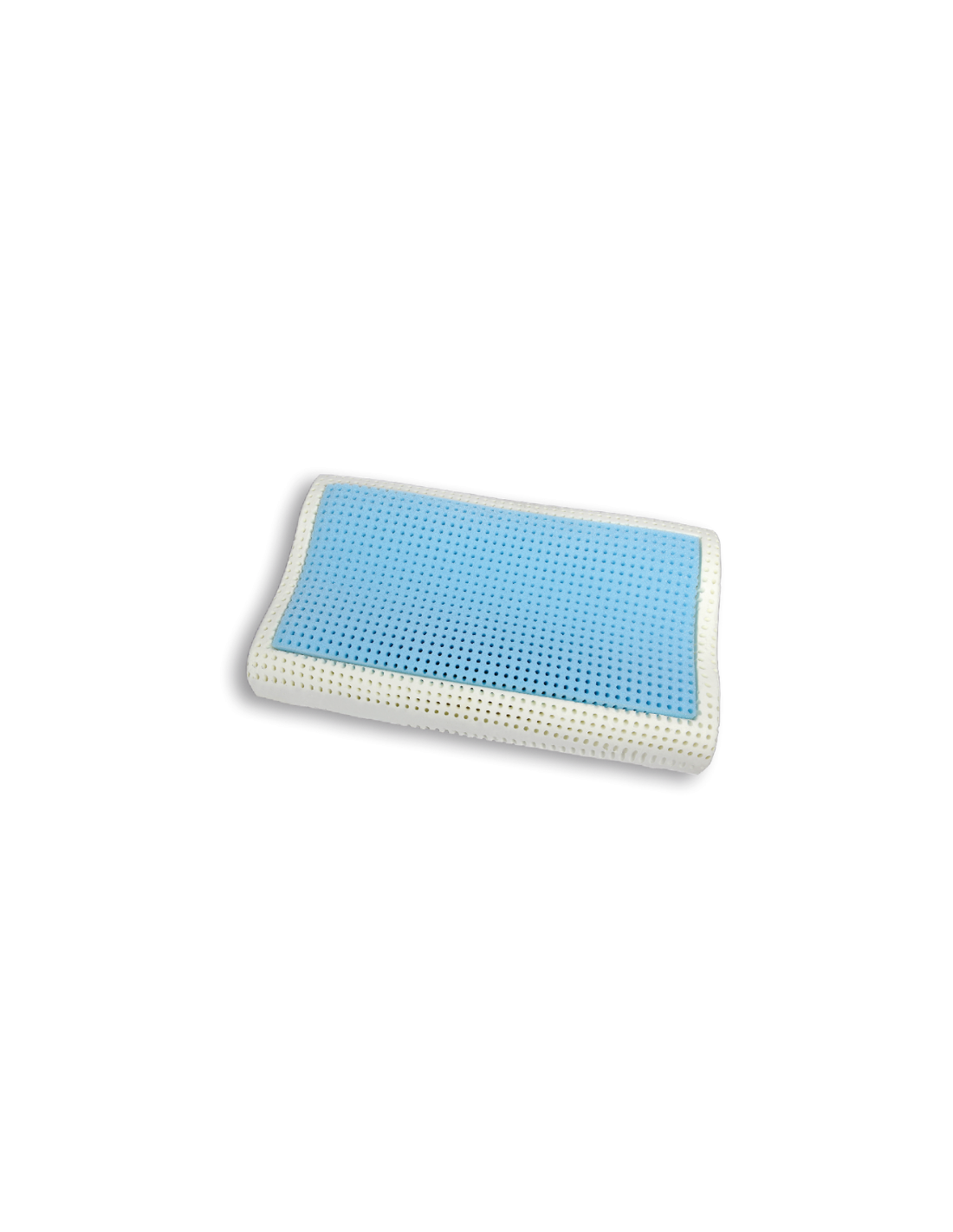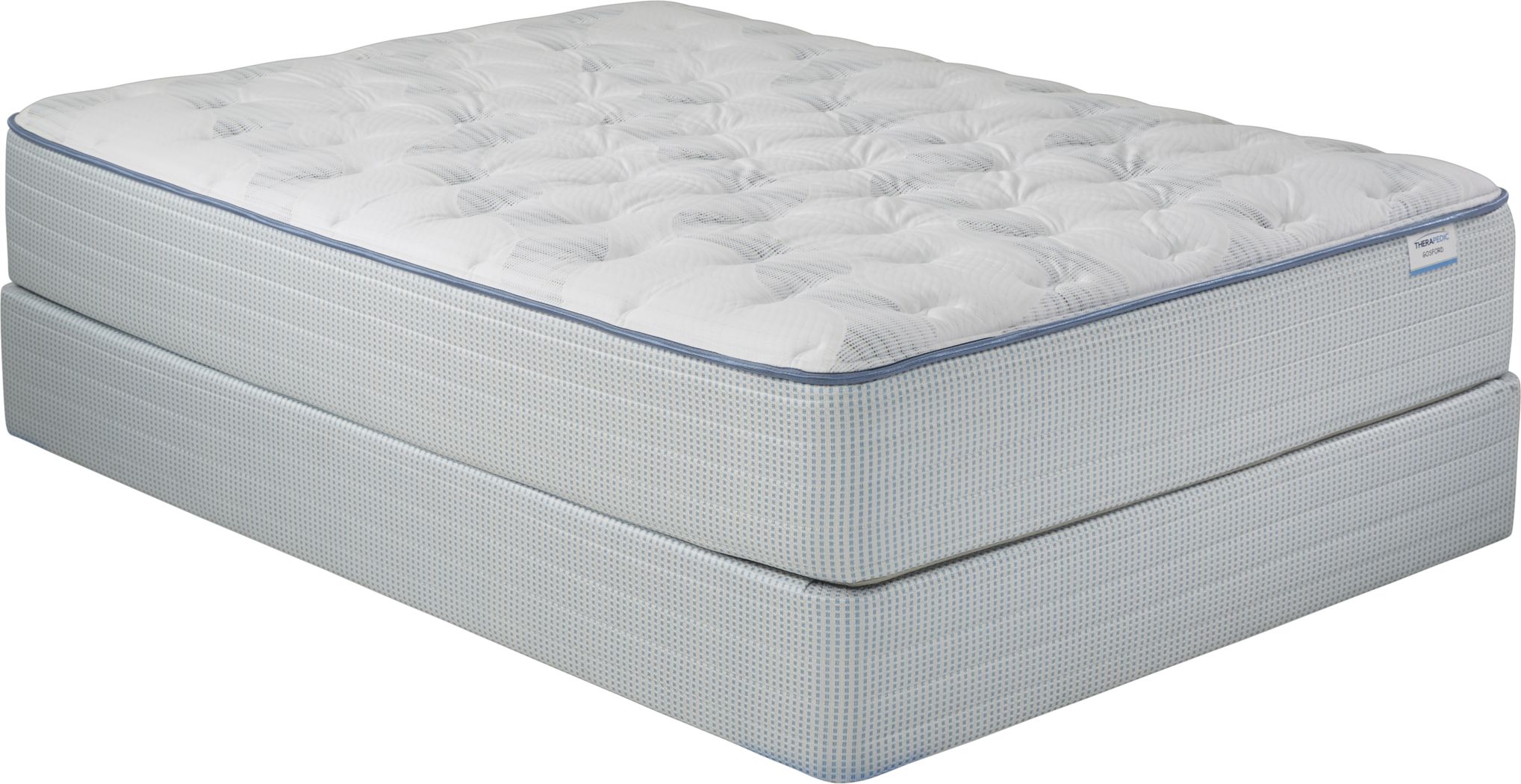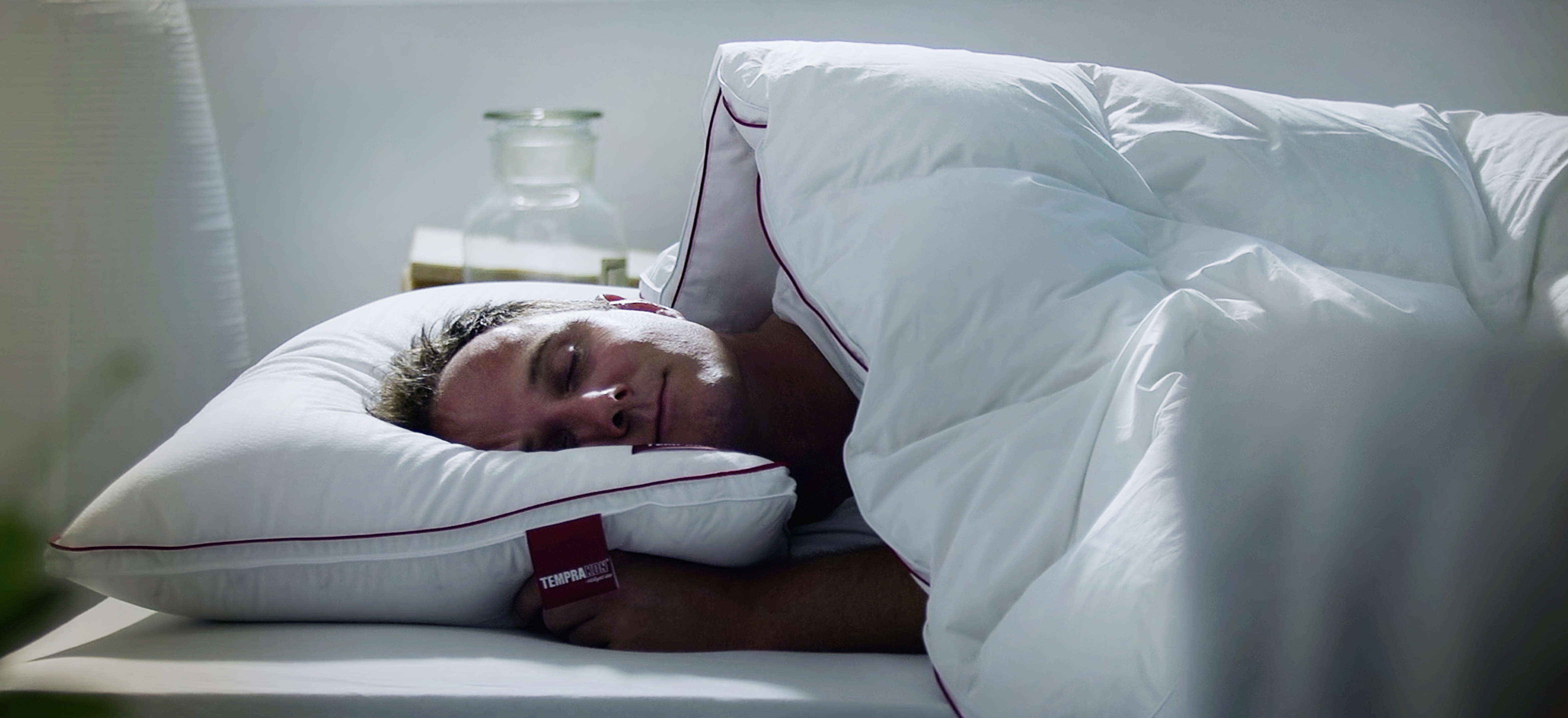Are you experiencing sneezing, coughing, or difficulty breathing when you lie down on your memory foam mattress? If so, you may be one of the millions of people who are allergic to memory foam mattresses. While memory foam mattresses have become popular for their comfort and support, they can also trigger allergies in some individuals. In this article, we will discuss the symptoms, causes, and treatment of memory foam mattress allergies so you can sleep soundly and breathe easier.Memory Foam Mattress Allergy: Symptoms, Causes, and Treatment
How do you know if your memory foam mattress is causing your allergies? The most common symptom is nasal congestion, accompanied by sneezing, runny nose, and itchy, watery eyes. These symptoms are similar to those of hay fever or seasonal allergies. However, if your symptoms only occur when you sleep on your memory foam mattress and improve when you are away from it, then it is likely that you have a memory foam mattress allergy.How to Tell If You're Allergic to Your Memory Foam Mattress
Memory foam mattresses are made from a material called polyurethane, which is known to release volatile organic compounds (VOCs). These chemicals can cause irritation and allergic reactions in some individuals. Additionally, memory foam mattresses are known to trap dust, dust mites, and other allergens, which can trigger allergies in sensitive individuals. If you have a memory foam mattress allergy, it is essential to know what is causing your symptoms so you can take the necessary steps to manage them.Memory Foam Mattress Allergy: What You Need to Know
Yes, it is possible to be allergic to memory foam mattresses. While memory foam is generally considered hypoallergenic, it can still cause allergies in some individuals. This is because memory foam mattresses can contain chemicals such as formaldehyde and flame retardants, which can trigger allergies. Additionally, dust mites, pet dander, and other allergens can get trapped in the foam, causing allergic reactions.Can You Be Allergic to Memory Foam Mattresses?
If you have a memory foam mattress allergy, there are several steps you can take to find relief. First, consider using a hypoallergenic mattress cover to protect your mattress from dust mites and allergens. You can also vacuum your mattress regularly to remove any dust or debris. Another tip is to wash your bedding in hot water at least once a week to kill dust mites and other allergens. Additionally, you may want to consider switching to a natural latex or organic cotton mattress, which are less likely to trigger allergies.Memory Foam Mattress Allergy: Tips for Relief
To understand memory foam mattress allergies better, it is essential to know what causes them. As mentioned earlier, memory foam mattresses can release VOCs, which can irritate the respiratory system and trigger allergies. These chemicals can also contribute to off-gassing, which is the release of chemical odors from the mattress. Additionally, the foam's structure can trap allergens, such as dust mites and pet dander, making it difficult to get rid of them.Understanding Memory Foam Mattress Allergies
If you are in the market for a memory foam mattress but want to avoid allergies, there are a few things you should consider. First, make sure the mattress is CertiPUR-US® certified, as this ensures that it is made without harmful chemicals. You can also look for mattresses with hypoallergenic covers or those made from natural materials such as organic cotton or natural latex. Additionally, consider opting for a lower density memory foam, as these tend to release fewer VOCs.How to Choose a Hypoallergenic Memory Foam Mattress
Prevention is key when it comes to managing memory foam mattress allergies. As mentioned earlier, using a hypoallergenic mattress cover and regularly washing your bedding can help reduce allergens in your mattress. You can also keep your bedroom well-ventilated and use an air purifier to filter out any allergens. If your allergy symptoms persist, consult an allergist for proper diagnosis and treatment.Memory Foam Mattress Allergy: Prevention and Management
Living with a memory foam mattress allergy can be challenging, but there are steps you can take to manage it. If possible, try to avoid sleeping on a memory foam mattress altogether. If that is not an option, consider using a memory foam mattress topper made from natural materials as a barrier between you and the foam. You can also try using an antihistamine before bed to relieve symptoms. Remember to regularly clean your mattress and bedding to keep allergens at bay.Dealing with Allergies to Memory Foam Mattresses
Finally, it is essential to know the common triggers of memory foam mattress allergies and how to address them. As mentioned earlier, dust mites, pet dander, and off-gassing chemicals can all contribute to allergic reactions. To combat these triggers, make sure to regularly clean your mattress and bedding, use a hypoallergenic cover, and opt for natural materials when purchasing a new mattress. If your allergies are severe, consult a doctor for specialized treatment options.Memory Foam Mattress Allergy: Common Triggers and Solutions
The Benefits of Using a Memory Foam Mattress for Those Allergic to Traditional Mattresses

Why Traditional Mattresses May Cause Allergies
 For many people, getting a good night's sleep is essential for maintaining their physical and mental well-being. However, for those who suffer from allergies, this can be a difficult task. Traditional mattresses are often made with materials that can trigger allergies, such as dust mites, mold, and pet dander. These allergens can cause symptoms like sneezing, watery eyes, and difficulty breathing, leading to disrupted sleep and overall discomfort.
For many people, getting a good night's sleep is essential for maintaining their physical and mental well-being. However, for those who suffer from allergies, this can be a difficult task. Traditional mattresses are often made with materials that can trigger allergies, such as dust mites, mold, and pet dander. These allergens can cause symptoms like sneezing, watery eyes, and difficulty breathing, leading to disrupted sleep and overall discomfort.
The Solution: Memory Foam Mattresses
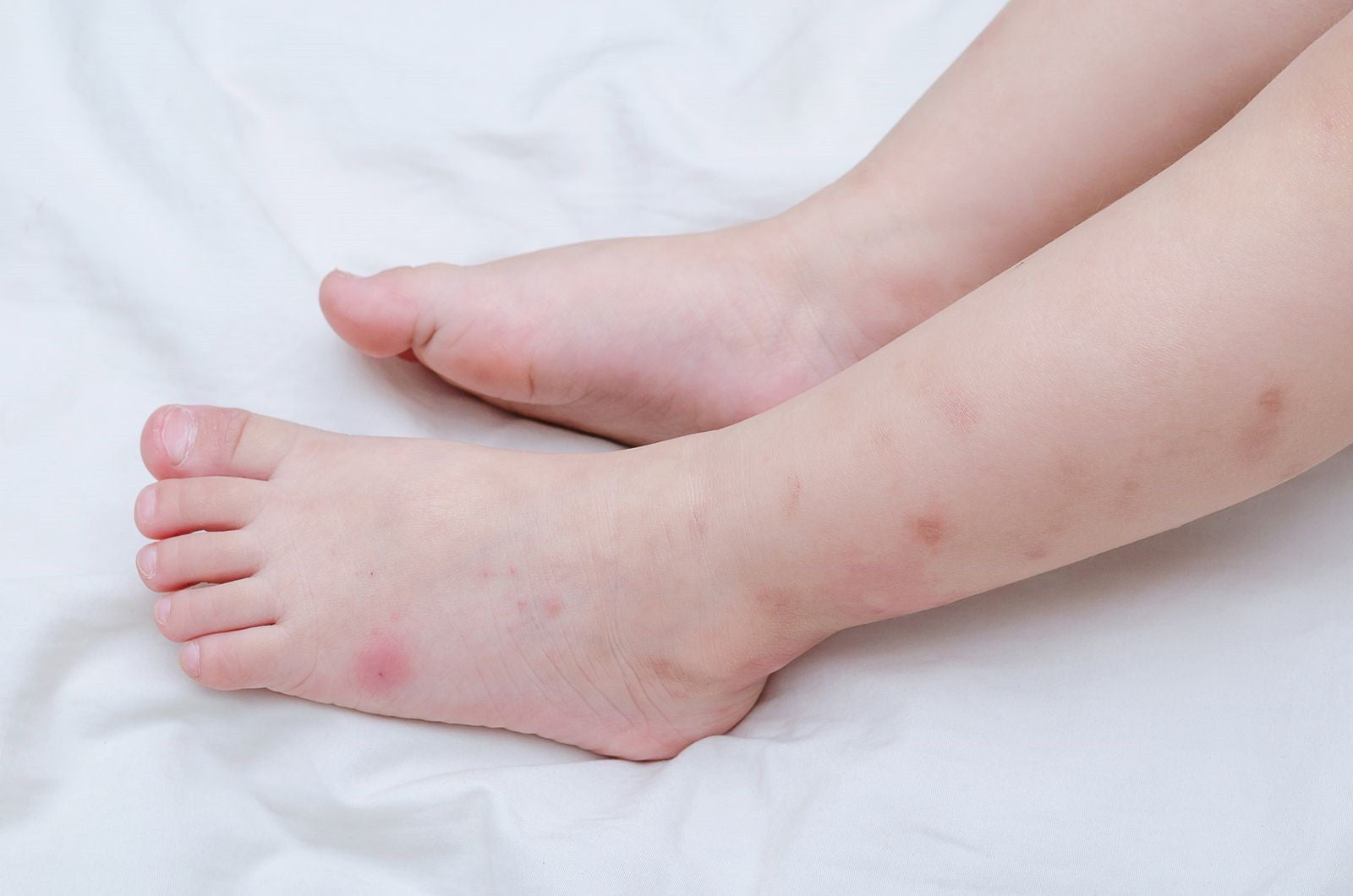 Fortunately, there is a solution for those who are allergic to traditional mattresses - memory foam mattresses.
Memory foam is a type of polyurethane foam that is known for its ability to contour to the body's shape, providing personalized support and pressure relief.
Unlike traditional mattresses, memory foam mattresses are made with hypoallergenic materials that are resistant to dust mites and mold. This can greatly reduce the amount of allergens present in the mattress, providing a much more comfortable sleep environment for those with allergies.
Fortunately, there is a solution for those who are allergic to traditional mattresses - memory foam mattresses.
Memory foam is a type of polyurethane foam that is known for its ability to contour to the body's shape, providing personalized support and pressure relief.
Unlike traditional mattresses, memory foam mattresses are made with hypoallergenic materials that are resistant to dust mites and mold. This can greatly reduce the amount of allergens present in the mattress, providing a much more comfortable sleep environment for those with allergies.
How Memory Foam Can Help with Allergies
 Aside from being made with hypoallergenic materials, memory foam mattresses also have a few other features that make them beneficial for those with allergies.
One of these features is its dense and compact structure, which makes it difficult for allergens to penetrate and settle in the mattress.
This means that even if there are some allergens present in the room, they are less likely to make their way into the mattress and trigger allergies.
Additionally, memory foam mattresses are known for their ability to reduce motion transfer, meaning that movements on one side of the mattress will not disturb the other side. This can be especially helpful for couples, as it can prevent allergens from being transferred from one person to another.
Aside from being made with hypoallergenic materials, memory foam mattresses also have a few other features that make them beneficial for those with allergies.
One of these features is its dense and compact structure, which makes it difficult for allergens to penetrate and settle in the mattress.
This means that even if there are some allergens present in the room, they are less likely to make their way into the mattress and trigger allergies.
Additionally, memory foam mattresses are known for their ability to reduce motion transfer, meaning that movements on one side of the mattress will not disturb the other side. This can be especially helpful for couples, as it can prevent allergens from being transferred from one person to another.
Other Benefits of Memory Foam Mattresses
 Aside from being beneficial for those with allergies, memory foam mattresses also have other advantages that can contribute to a better night's sleep.
These mattresses are known for their ability to relieve pressure points and promote proper spinal alignment, leading to less tossing and turning and improved sleep quality.
They are also great for reducing back pain and promoting better blood circulation.
In conclusion, for those who are allergic to traditional mattresses, switching to a memory foam mattress can provide a much more comfortable and allergy-friendly sleep environment. With its hypoallergenic materials, dense structure, and other beneficial features, memory foam mattresses can help alleviate allergies and improve overall sleep quality. So if you're constantly waking up with allergy symptoms, consider investing in a memory foam mattress for a better and healthier night's rest.
Aside from being beneficial for those with allergies, memory foam mattresses also have other advantages that can contribute to a better night's sleep.
These mattresses are known for their ability to relieve pressure points and promote proper spinal alignment, leading to less tossing and turning and improved sleep quality.
They are also great for reducing back pain and promoting better blood circulation.
In conclusion, for those who are allergic to traditional mattresses, switching to a memory foam mattress can provide a much more comfortable and allergy-friendly sleep environment. With its hypoallergenic materials, dense structure, and other beneficial features, memory foam mattresses can help alleviate allergies and improve overall sleep quality. So if you're constantly waking up with allergy symptoms, consider investing in a memory foam mattress for a better and healthier night's rest.


